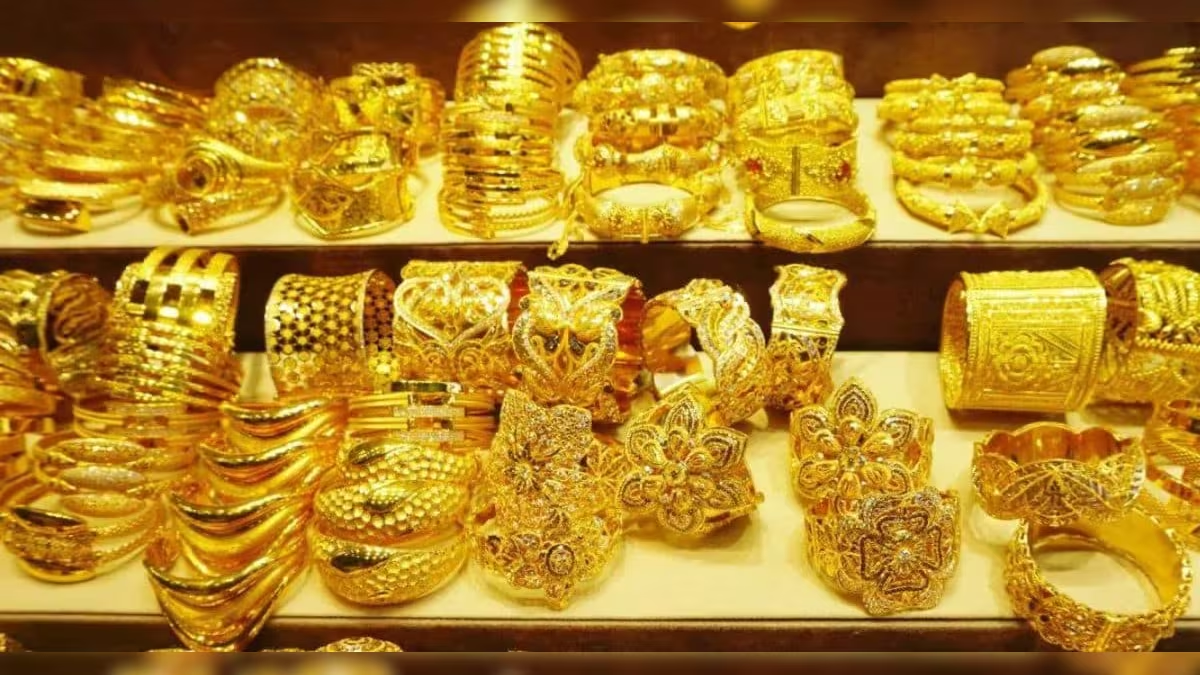Gold has long been a favorite investment choice, especially during times of economic uncertainty. With the global markets in flux, retail investors are increasingly exploring options to purchase gold from markets known for their competitive pricing, like Dubai and Singapore. Both cities have established themselves as international hubs for gold trading, and many investors are lured by the prospect of better value and future price appreciation. But should retail investors consider purchasing gold from these markets?
Why Dubai and Singapore Stand Out
- Tax Benefits and Lower Premiums
One of the biggest advantages of buying gold in Dubai is its tax-free status. Unlike many other countries where taxes and import duties can significantly increase the price of gold, Dubai operates as a tax haven for gold buyers. Retail investors do not have to pay VAT or sales tax on gold purchases, making it more cost-effective. Additionally, Dubai’s large-scale gold markets, such as the Dubai Gold Souk, offer competitive pricing due to high demand and volume trading.Singapore also stands out due to its tax-friendly policies. The country abolished its Goods and Services Tax (GST) on investment-grade gold and precious metals in 2012. This move has made Singapore a go-to destination for investors looking to buy gold at internationally competitive prices. The thriving gold vault and storage facilities, coupled with a stable regulatory environment, make it a key player in the global gold market.
- Wide Range of Options and Purity Assurance
Both Dubai and Singapore offer a wide range of options for investors looking to purchase gold. From bullion to gold bars and coins, investors have access to various forms of gold in different purities. In Dubai, gold sold at the souks is required to meet stringent purity standards, often 24K (99.9% pure), providing assurance to investors. Similarly, Singapore’s gold market, underpinned by a well-regulated financial sector, ensures authenticity and purity, particularly from well-known institutions like the Singapore Mint. - Price Competitiveness
Gold prices in Dubai and Singapore are aligned with international spot prices, making them relatively more affordable for retail investors. Investors often find that they can purchase gold at lower premiums compared to Western markets, where taxes, import duties, and local markups inflate prices. This price competitiveness is particularly appealing for investors seeking physical gold.
Considerations for Retail Investors
- Logistics and Travel Costs
Although Dubai and Singapore offer compelling price advantages, retail investors must consider the costs associated with travel and logistics. For non-residents, traveling to these cities solely for the purpose of buying gold could negate some of the price benefits. Additionally, there are risks associated with transporting large quantities of physical gold, including potential security issues and customs regulations. - Import Duties in Home Countries
While purchasing gold in Dubai or Singapore may be cheaper, bringing it back to a home country could result in hefty import duties. Countries like India, which has a strong tradition of gold buying, impose high import duties, sometimes as high as 12-15%, which can offset the initial savings. Retail investors should carefully calculate the total cost of acquiring and importing gold before making any decisions. - Storage and Safety
Physical gold comes with storage and security concerns. For retail investors purchasing large quantities, safely storing gold becomes a significant consideration. While both Dubai and Singapore offer secure vaulting services, investors may need to pay extra for these facilities or incur additional costs if they decide to store their gold in a different country. Failing to properly store gold can expose investors to theft and loss risks, which could undermine the investment’s value. - Currency Fluctuations
For international investors, currency risk is another factor. Exchange rate fluctuations between the investor’s home currency and the local currency (AED in Dubai and SGD in Singapore) could impact the final cost of gold acquisition. Investors must monitor forex trends to ensure that currency swings do not erode the price advantage they seek in buying from these markets.
Price Appreciation Prospects
Gold continues to be a hedge against inflation and market volatility. Buying from markets like Dubai and Singapore may offer an immediate price advantage due to tax benefits and lower premiums, but the real value lies in long-term price appreciation. Given the global macroeconomic conditions, including inflationary pressures, geopolitical tensions, and currency devaluation, gold is expected to maintain its appeal as a store of value. Purchasing gold from these markets can help maximize initial investment returns, but investors must weigh the advantages against costs like import duties, storage, and logistics.
Conclusion
For retail investors, buying gold from Dubai and Singapore can be an attractive option for securing better value, thanks to competitive pricing, tax benefits, and assurance of purity. However, these benefits must be carefully evaluated against the costs of transportation, storage, and import duties. For those seeking long-term appreciation, investing in gold from these markets can provide an edge, but only if the logistics and total costs align with the investment goals. Gold will likely remain a robust asset class in uncertain times, and for those willing to navigate the practicalities, Dubai and Singapore offer a lucrative avenue.





